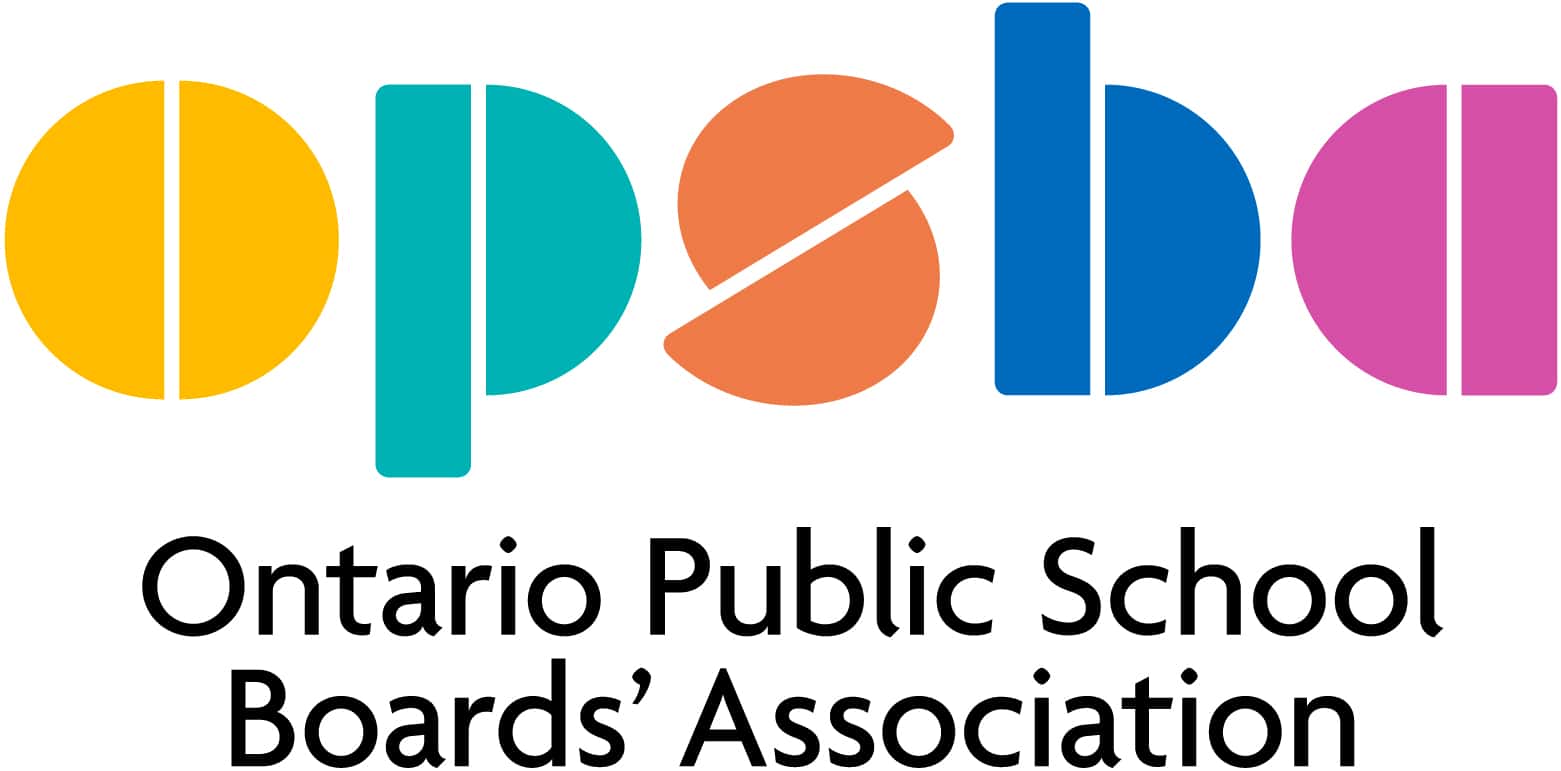Making History
 I am a student of history.
I am a student of history.
I love history and the way different paths come together to form a movement or shape what we are and who we become. History, like genetics, involves an interweaving of common threads that flow through the generations, determining our future and shining a light on our past.
Shocking as it might sound, much of what has happened throughout history is irrelevant and uninspiring; it had little effect and a weak foundation. It is, in a word, just history. On the other side of the ledger is the stuff of transformation. Some events were recognized immediately as having a significance that would impact the global course, while other events would take centuries to develop and reveal their impact. The splitting of the atom was seen as a game- changer the day it occurred, but the signing of the Magna Carta, an equally important and transformative development, was viewed at the time as a minor event initiated by a group of disgruntled nobles.
The same is true in our personal lives.
My family immigrated to Canada in 1907, but Canada was a second choice. My great-great- grandfather Alfred had purchased tickets to immigrate to Australia in 1906, but a pot of scalding water and an unfortunate injury to my great-grandmother’s sister meant the already-paid-for tickets were given to Alfred’s brother Richard. The next year, passage to Australia was too expensive and tickets to Canada were bought instead. Richard’s family and descendants live today in Australia, and I am in Canada because of a boiling pot of water. The most gratuitous events can influence outcomes and alter the course of our lives.
There are no school board trustees among the Australians in my family, but the accident that made me a Canadian has also made me a trustee and a student of history, and has given me a perspective on the forces that come together to influence our futures.
I know that the past year and a half has had a profound impact on our role as trustees as we have guided our boards through a complex labour relations environment. This experience has deeply influenced how the next year will unfold, and how we as trustees will shape our role.
We consulted deeply and broadly with our member boards to develop a set of principles that are foundational to our involvement in a labour negotiations process. We based these principles upon our experience as trustees, and more important, on the “on-the-ground” experience we had with the recent round of negotiations. We should be proud of this work, and equally proud that the principles will form the foundation of our future role as trustees and the role of our Association, on our behalf, in collective bargaining.
OPSBA stands on the brink of a new episode in our history, one that will see the roles of trustee and school board solidified in the arena of labour relations. This will bring change for our organization and we will be prepared for that. In recent years, we have had to advocate for our true leadership role and fight for our autonomy. Although we would have welcomed it, we have experienced less pressure to expand our leadership role. Yet, in so many other important arenas – in our vision for a digital-age initiative and in building the youth and mental health coalition – we have demonstrated that we are education leaders.
We are not daunted by the labour relations role we have asked for. We want it because we know we will use it to uphold the rights and the needs of our students. At the time of writing, not all the details are solidified but we will work out these details and move forward with our principles intact, our leadership strengthened, our representation confirmed. And, as the only elected representatives in the province solely responsible for public education, we will make history.
Michael Barrett
OPSBA COLLECTIVE BARGAINING PRINCIPLES – HIGHLIGHTS
- Two-tier bargaining – central and local
- Government – primary funder; boards – legal and primary responsibility for student achievement and well-being; mutually accountable relationship
- Clear process for identifying central issues
- Full funding for cost of central bargaining and subsequent implementation
- School board association to exercise bargaining rights on behalf of Boards
- School board association approval required for central agreements
- Ratification is required by all three participants: government, school board association and unions

